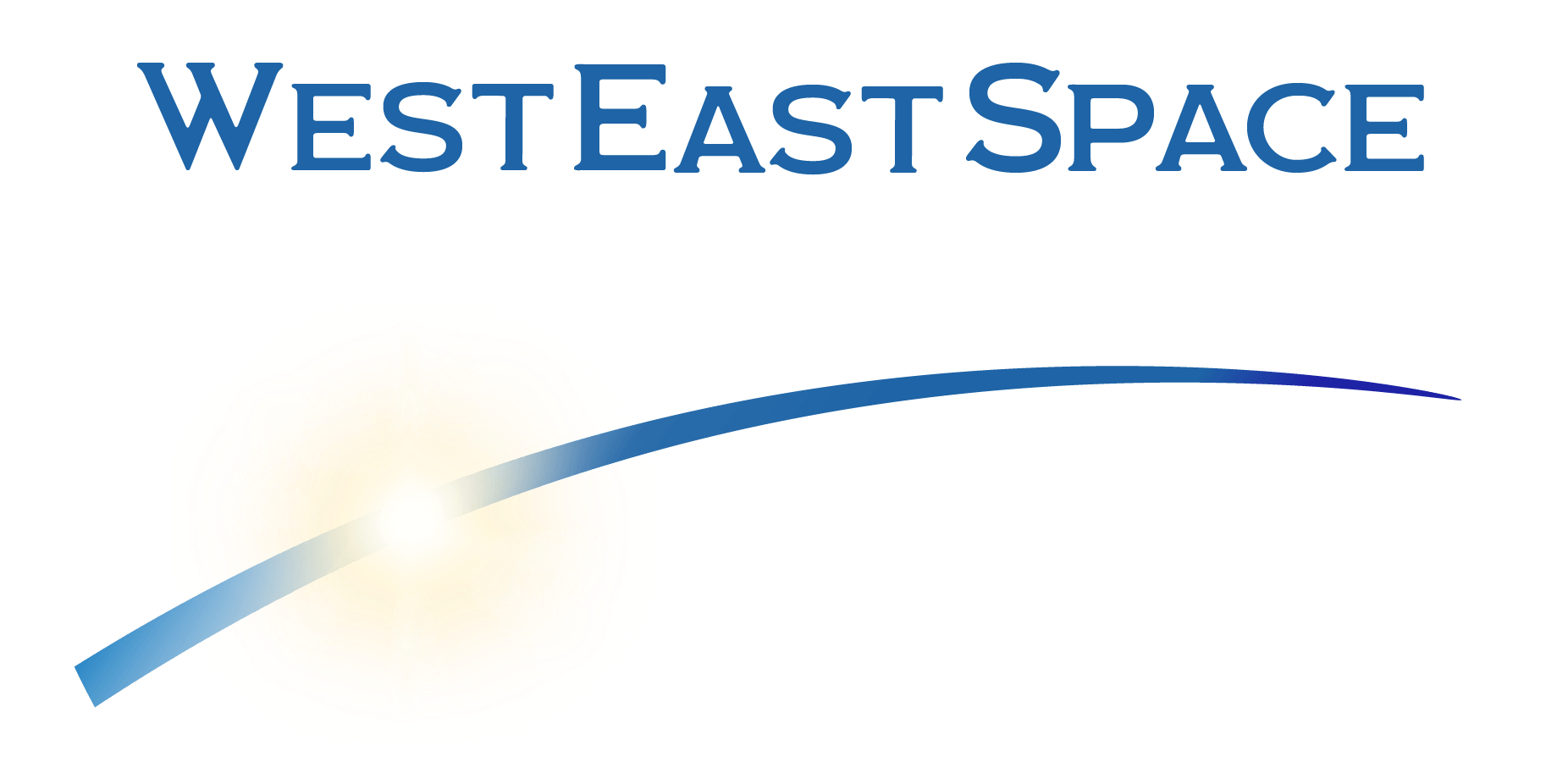
Credit NASA JPL — https://photojournal.jpl.nasa.gov/catalog/PIA04529 At 13:00 GMT on 8 May 2003, the Mars Global Surveyor (MGS) Mars Orbiter Camera (MOC) captured the alignment of Earth and Jupiter–the first planetary conjunction viewed from another planet. Mars and the orbiting camera were 139 million kilometers (86 million miles) from Earth and almost 1 billion kilometers (nearly 600 million miles) from Jupiter.

MGS MOC Release No. MOC2-368, 22 May 2003
What does Earth look like when viewed from Mars? At 13:00 GMT on 8 May 2003, the Mars Global Surveyor (MGS) Mars Orbiter Camera (MOC) had an opportunity to find out. In addition, a fortuitous alignment of Earth and Jupiter–the first planetary conjunction viewed from another planet–permitted the MOC to acquire an image of both of these bodies and their larger satellites. At the time, Mars and the orbiting camera were 139 million kilometers (86 million miles) from Earth and almost 1 billion kilometers (nearly 600 million miles) from Jupiter. The orbit diagram shows the geometry at the time the images were obtained.
Because Jupiter is over 5 times farther from the Sun than Earth, two different exposures were needed to image the two planets. The image shown has been mosaiced/pieced together. The composite has been highly contrast-enhanced and “colorized” to show both planets and their satellites. The MGS MOC high resolution camera only takes grayscale (black-and-white) images; the color was derived from Mariner 10 and Cassini pictures of Earth/Moon and Jupiter, respectively, as described in the note below.
A note about the coloring process: The MGS MOC high resolution camera only takes grayscale (black-and-white) images. To “colorize” the image, a Mariner 10 Earth/Moon image taken in 1973 was used to color the MOC Earth and Moon picture, and a recent Cassini image acquired during its Jupiter flyby was used to color the MOC Jupiter picture. The procedure used was as follows: the Mariner 10 and Cassini color images were converted from 24-bit color to 8-bit color using a JPEG to GIF conversion program. These 8-bit color images were converted to 8-bit grayscale and an associated lookup table mapping each gray value of that image to a red-green-blue color triplet (RGB). Each color triplet was root-sum-squared (RSS), and sorted in increasing RSS value. These sorted lists were brightness-to-color maps for their respective images. Each brightness-to-color map was then used to convert the 8-bit grayscale MOC image to an 8-bit color image. This 8-bit color image was then converted to a 24-bit color image. The color image was edited to return the background to black. Three separate color tables were used: one each for the Earth, Moon and Jupiter.
Image Credit:NASA/JPL/Malin Space Science Systems
